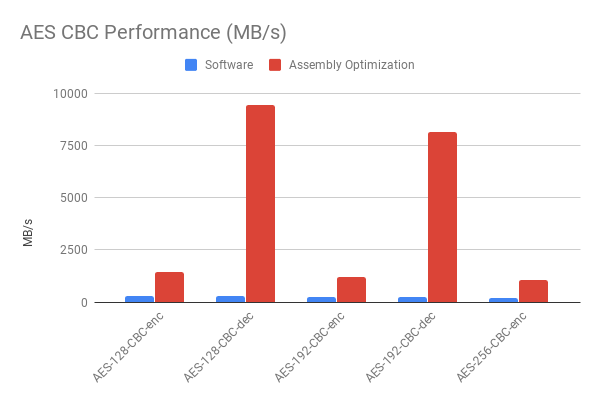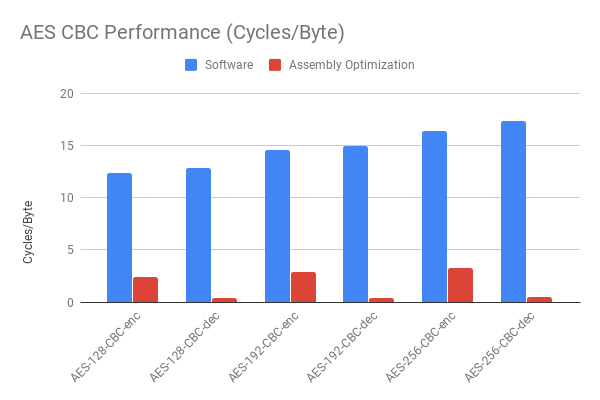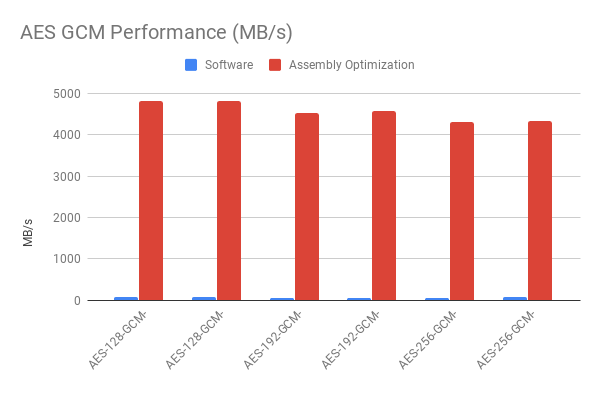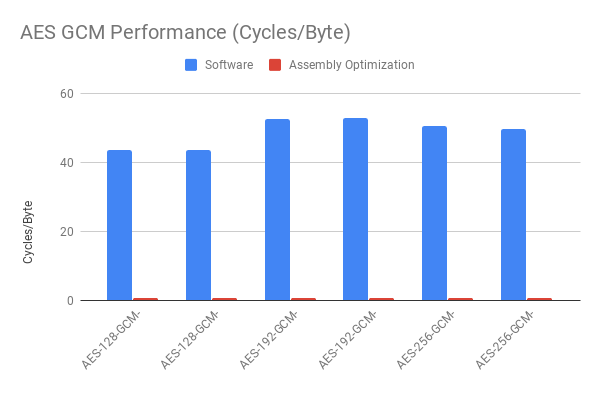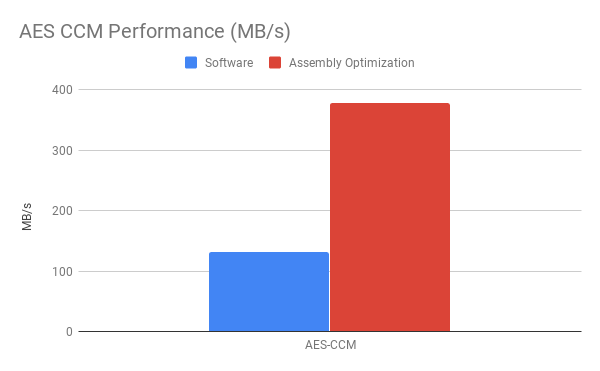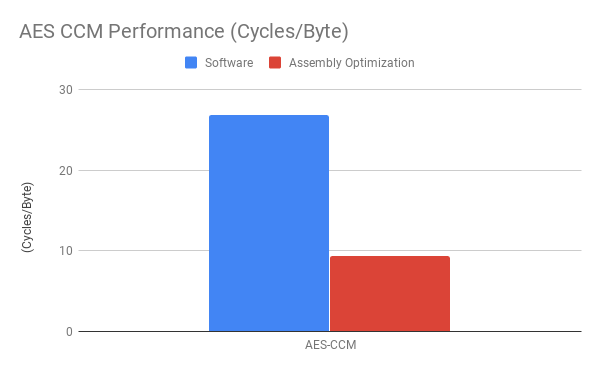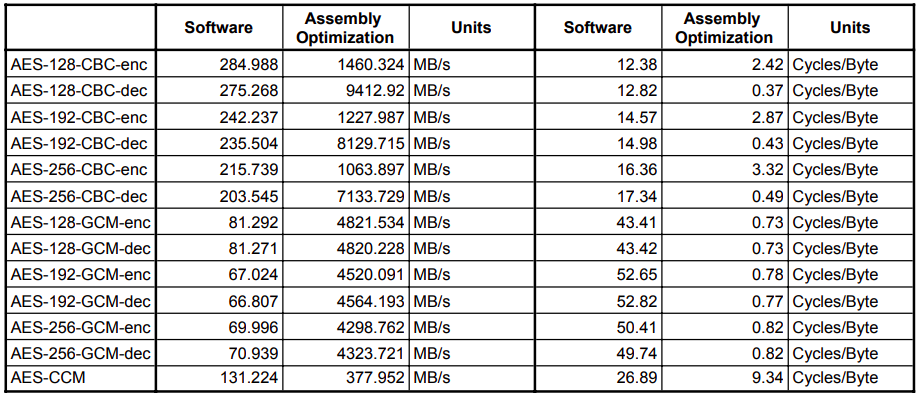wolfSSL's embedded SSL/TLS library has included support for TLS 1.3 since early releases of the TLS 1.3 draft. Since then, wolfSSL has remained up-to-date with the TLS 1.3 specification. In this post, the major upgrades of TLS 1.3 from TLS 1.2 are outlined below:
TLS 1.3
This protocol is defined in RFC 8446. TLS 1.3 contains improved security and speed. The major differences include:
- The list of supported symmetric algorithms has been pruned of all legacy algorithms. The remaining algorithms all use Authenticated Encryption with Associated Data (AEAD) algorithms.
- A zero-RTT (0-RTT) mode was added, saving a round-trip at connection setup for some application data at the cost of certain security properties.
- Static RSA and Diffie-Hellman cipher suites have been removed; all public-key based key exchange mechanisms now provide forward secrecy.
- All handshake messages after the ServerHello are now encrypted.
- Key derivation functions have been re-designed, with the HMAC-based Extract-and-Expand Key Derivation Function (HKDF) being used as a primitive.
- The handshake state machine has been restructured to be more consistent and remove superfluous messages.
- ECC is now in the base spec and includes new signature algorithms. Point format negotiation has been removed in favor of single point format for each curve.
- Compression, custom DHE groups, and DSA have been removed, RSA padding now uses PSS.
- TLS 1.2 version negotiation verification mechanism was deprecated in favor of a version list in an extension.
- Session resumption with and without server-side state and the PSK-based ciphersuites of earlier versions of TLS have been replaced by a single new PSK exchange.
More information about the TLS 1.3 protocol can be found here: https://www.wolfssl.com/docs/tls13/. If you have any questions or run into any issues, contact us at facts@wolfssl.com, or call us at +1 425 245 8247.


